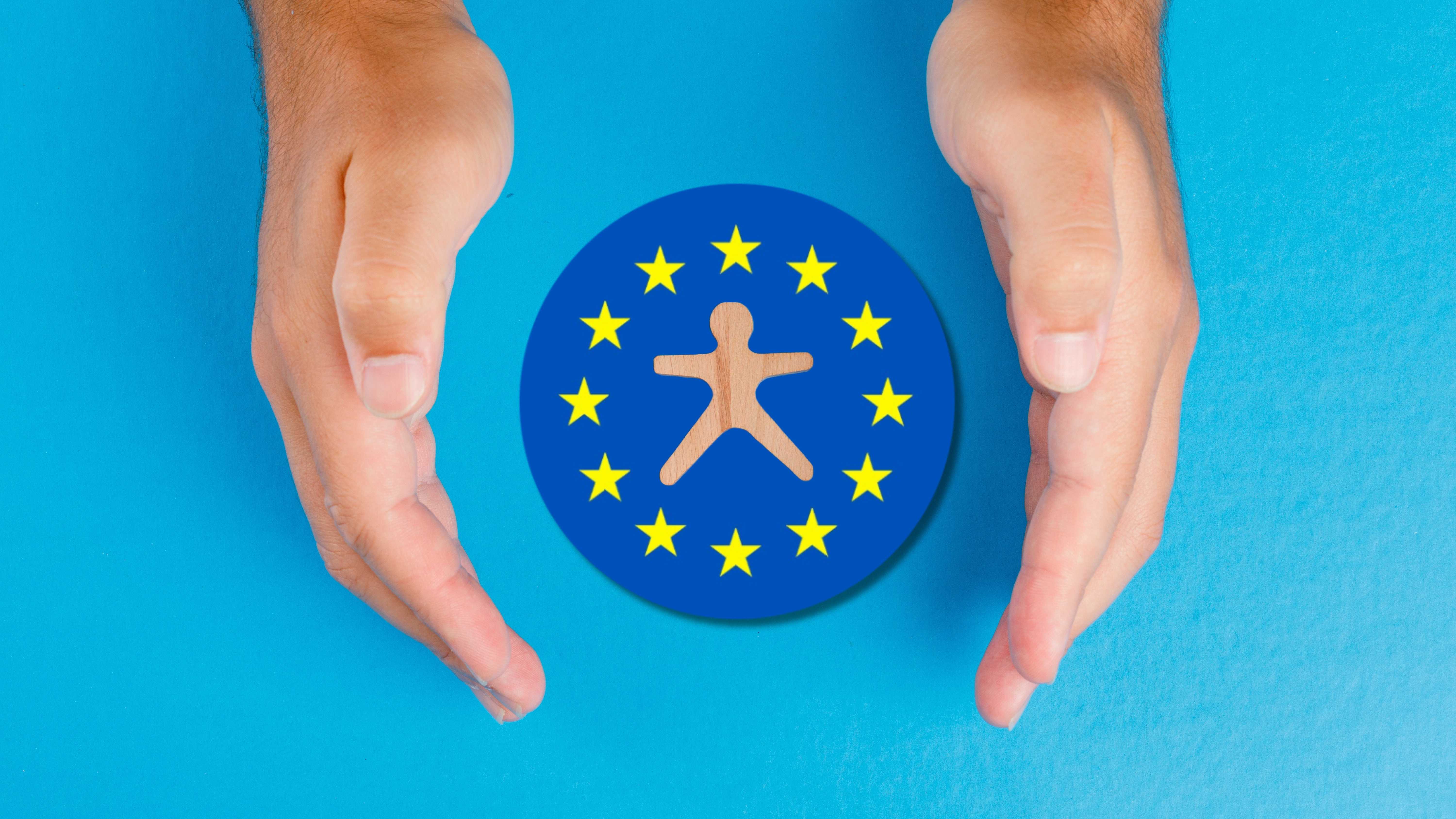The European Commission has proposed extending the Interim Regulation that allows online service providers to voluntarily detect and report child sexual abuse instead of facing a legal gap once the current rules expire.
These measures would preserve existing safeguards while negotiations on permanent legislation continue.
The Interim Regulation enables providers of certain communication services to identify and remove child sexual abuse material under a temporary exemption from e-Privacy rules.
Without an extension beyond April 2026, voluntary detection would have to stop, making it easier for offenders to share illegal material and groom children online.
According to the Commission, proactive reporting by platforms has played a critical role for more than fifteen years in identifying abuse and supporting criminal investigations. Extending the interim framework until April 2028 is intended to maintain these protections until long-term EU rules are agreed.
The proposal now moves to the European Parliament and the Council, with the Commission urging swift agreement to ensure continued protection for children across the Union.
Would you like to learn more about AI, tech and digital diplomacy? If so, ask our Diplo chatbot!









